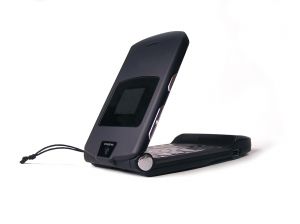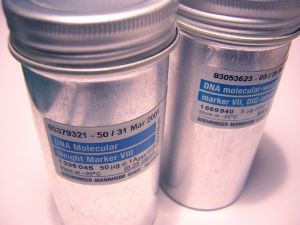Attorney J. Bradley Smith answering the question: “Do I have to perform the field sobriety tests when I’m pulled over for DWI in NC?”
The U.S. Supreme Court recently issued a ruling that sides with police dogs after the Florida Supreme Court attempted to impose harsh standards on using drug-sniffing dogs to justify a car search.
The case involved a drug dog named Aldo who did his duty and alerted his handler that that there was possible contraband in a truck that had been detained during a traffic stop. When a search was performed the police failed to find any of the drugs that Aldo had been trained to locate. Instead, they discovered a variety of ingredients that were used to make meth. Aldo’s handler guessed that the dog might have been responding to meth residue on the door handles to the vehicle. Though Aldo was trained to detect meth itself, the dog did not have the ability to detect the individual components that were in the truck.

The Florida Supreme Court deemed the search unconstitutional, saying that prosecutors failed to show Aldo was reliable enough to prove that there was probable cause to search the truck. The Florida High Court said prosecutors should have introduced the dog’s training records and field performance reviews as well as other objective evidence that could demonstrate Aldo’s reliability.
The Supreme Court flatly rejected such a strict standard, voting unanimously to overrule the requirements imposed by the Florida Supreme Court. The justices decided that dog-sniffing evidence should be handled like all other evidence related to probable cause and defendants should be given the chance to challenge the reliability of a dog’s senses given the “totality of the circumstances.”
 Charlotte Criminal Lawyer Blog
Charlotte Criminal Lawyer Blog













 The company involved, DNA:SI Labs, is building a database that is meant to solve petty crimes and property crimes, such as car thefts and home break-ins. Many of these crimes take place across various cities and the hope is that by collecting DNA evidence at several scenes, police officers will be able to link together crimes and have a better chance of catching the perpetrators.
The company involved, DNA:SI Labs, is building a database that is meant to solve petty crimes and property crimes, such as car thefts and home break-ins. Many of these crimes take place across various cities and the hope is that by collecting DNA evidence at several scenes, police officers will be able to link together crimes and have a better chance of catching the perpetrators.
 Another issue for those driving without proper permission is that unlicensed driving often leads to other criminal acts. For instance, AAA says that the majority of fatal hit-and-run accidents involve an unlicensed driver. That means that when the driver is ultimately located an additional criminal charge will be piled on top of driving without a license.
Another issue for those driving without proper permission is that unlicensed driving often leads to other criminal acts. For instance, AAA says that the majority of fatal hit-and-run accidents involve an unlicensed driver. That means that when the driver is ultimately located an additional criminal charge will be piled on top of driving without a license.

